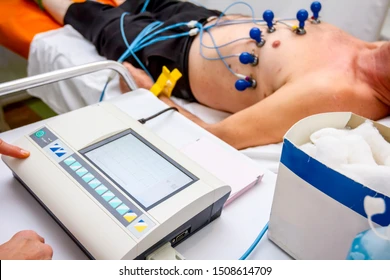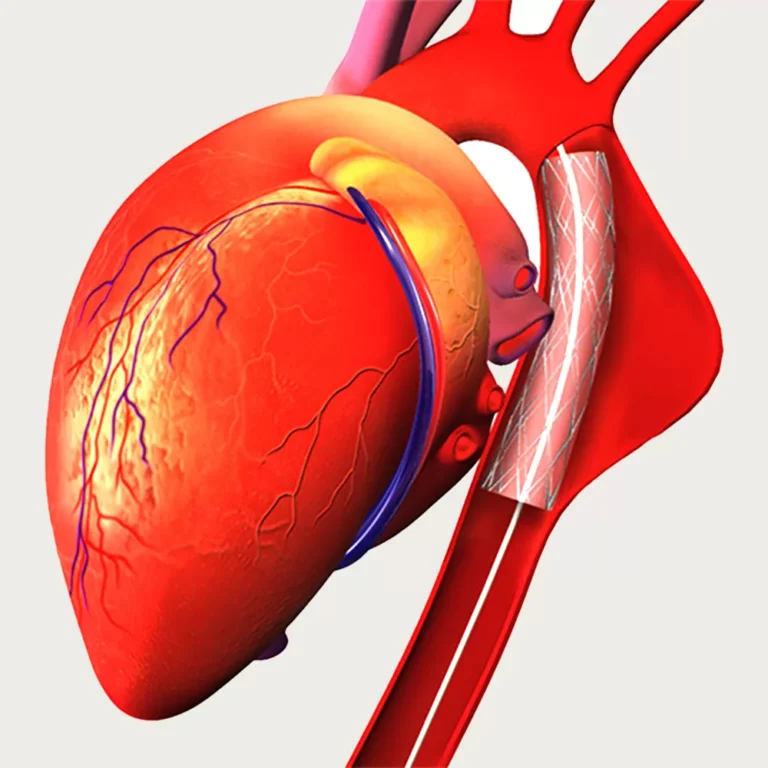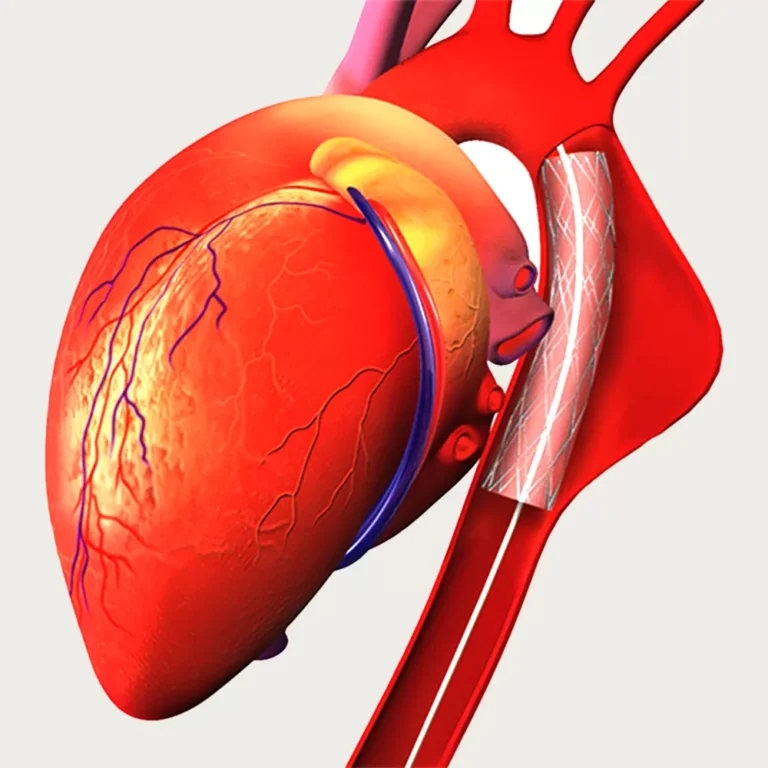What To Expect From a Cardiovascular Screening

Cardiovascular screenings are key for assessing heart health and identifying potential risk factors for heart-related conditions. Whether you are visiting a cardiologist for the first time or undergoing a routine evaluation, understanding the steps involved can alleviate uncertainty. Let’s examine the process of a cardiovascular screening and its role in supporting long-term heart health.
Steps in a Cardiovascular Screening
A cardiovascular screening typically involves a series of evaluations to gain a comprehensive understanding of your heart health. These screenings are designed to detect underlying conditions, assess risk factors, and guide preventive or therapeutic interventions. Here is a breakdown of the key steps commonly included in a cardiovascular screening:
Medical History Review
A cardiovascular screening typically begins with a review of your medical history. This includes discussing your personal medical background as well as any family history of heart-related conditions, such as high blood pressure, high cholesterol, or heart disease. The cardiologist will also ask about your lifestyle habits, including diet, physical activity, and whether you smoke or consume alcohol.
Physical Exam
A physical examination follows the history review. The cardiologist will measure your blood pressure, heart rate, and body weight. The specialist will also listen to your heart using a stethoscope to detect irregular heartbeats, murmurs, or unusual sounds that may indicate potential issues.
Blood Tests
Blood tests are often conducted to evaluate cholesterol levels, triglycerides, and blood sugar. These metrics help in identifying conditions that are key risk factors for heart disease. The results provide the cardiologist with more data to tailor recommendations for your health plan.
Electrocardiogram (ECG)
An electrocardiogram records the electrical activity of your heart. This non-invasive test provides key information about your heart’s rhythm and electrical function. An ECG can help detect arrhythmias and other electrical abnormalities. If concerns are raised, more tests may follow.
Imaging Tests (When Necessary)
Depending on the initial findings, the cardiologist might perform imaging tests such as an echocardiogram or a CT scan. An echocardiogram uses sound waves to create detailed images of your heart’s structure and function. A CT scan may be recommended to assess more complex conditions. These tests give the cardiologist a comprehensive view of your heart’s health.
After completing the necessary evaluations and tests, the cardiologist will discuss the results with the patient. They will also outline any required treatment plans or lifestyle modifications. Regular follow-up appointments may be scheduled to monitor progress and the effectiveness of interventions. These screenings are key in identifying potential cardiovascular issues early, allowing for timely management and reducing the risk of complications.
Benefits of a Cardiovascular Screening
Cardiovascular screenings offer several advantages. First, they allow for the early detection of issues such as high blood pressure, high cholesterol, or arrhythmias. Addressing these conditions early reduces the likelihood of developing more severe complications. Also, the process provides an opportunity to improve lifestyle habits. With input from a heart specialist, you can make changes, such as adopting a healthier diet or increasing physical activity. These adjustments contribute to better long-term cardiovascular health.
Cardiovascular screenings provide peace of mind. Even if no issues are found, understanding your current health status helps relieve uncertainty. For individuals managing existing conditions, regular screenings offer guidance on effective management and reduce the risk of future cardiac events.
Talk to a Cardiologist Today
Understanding what to expect from a cardiovascular screening helps you make informed decisions about your heart health. A screening not only provides insights into your current condition but also identifies steps to maintain or improve it. Discuss your cardiovascular health with a cardiologist to get expert insights and explore treatment plans.
- What to Expect When Visiting a Foot and Ankle Specialist
- Causes of PTSD
- The Link Between Plantar Fasciitis and Weight Gain: What You Need to Know
- How Pet Ownership Can Positively Impact Life with Fibromyalgia
- The Importance of Stretching and Flexibility in Sports Medicine
Dr. Emma Green is a health and wellness expert with over 10 years of experience in nutrition and fitness. Passionate about helping others live their healthiest lives, Dr. Green shares practical advice on wellness, nutrition, and sustainable living through LivingSpristine.






